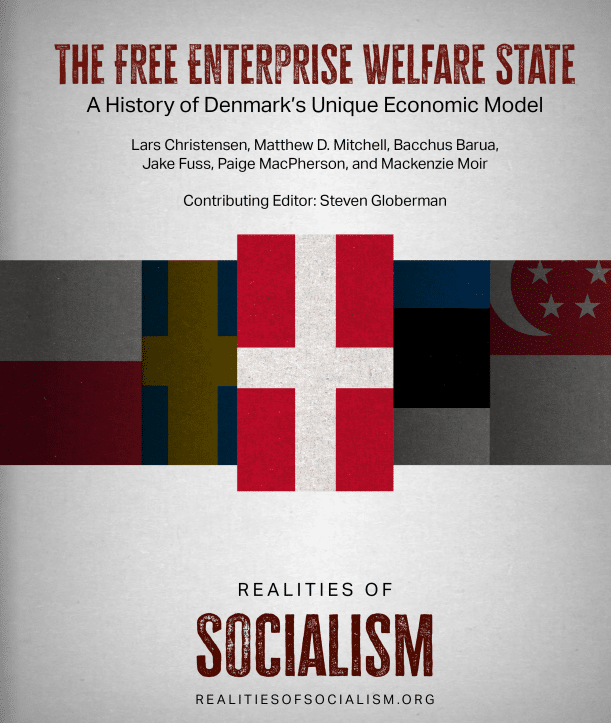Economic Affairs (43.3)
SUGGESTED



Editorial
Introduction
Subscribe to Economic Affairs
Original Articles
Has Brexit affected employment in Japanese affiliates in the UK?, by
Massimiliano Porto and Agata Wierzbowska
Equality of competition: A consistent approach to equality of opportunity in sport, by Jasper Doomen (Open Access)
Attitudes towards capitalism in 34 countries on five continents, by Rainer Zitelmann (Open Access)
Adam Smith’s moral foundations of self-interest and ethical social order, by Mikko Arevuo (Open Access)
The Russia–Ukraine conflict and investor psychology in financial markets, Emon Kalyan Chowdhury and Umme Humaira
Sismondi’s principles of liberty and economic progress, by Rogério Arthmar
The Talmud on usury, by Benedikt Koehler
Discussion: Does the monetary base matter? A response to Tim Congdon, by Scott Sumner
Discussion: Rejoinder, by Tim Congdon (Open Access)
Discussion: How creative destruction keeps churning, by Anthony J Greco
Review Article: Squaring the circle: Economic legacies of the Cold War, by Carlos Rodríguez Braun
Book Reviews
The Big Myth: How American business taught us to loathe government and love the free market By and , by Charles Amos
We need to talk about inflation: 14 urgent lessons from the last 2,000 years By , by Christopher Snowdon
End times: Elites, counter-elites and the path of political disintegration By , by Susanna Booth
The ends of freedom: Recovering America’s lost promise of economic rights By , by Joshua Bowden
Regime change: Towards a postliberal future By , by Jamie Whyte
Pioneers of capitalism: The Netherlands 1000–1800 By and , by Len Shackleton
The tyranny of nostalgia: Half a century of British economic decline By , by Annabel Denham
The monetarists: The making of the Chicago monetary tradition, 1927–1960 By George S Tavlas
The mission of the Institute of Economic Affairs is to improve understanding of the fundamental institutions of a free society by analysing and expounding the role of markets in solving economic and social problems. The IEA is a registered educational charity and independent of all political parties.



